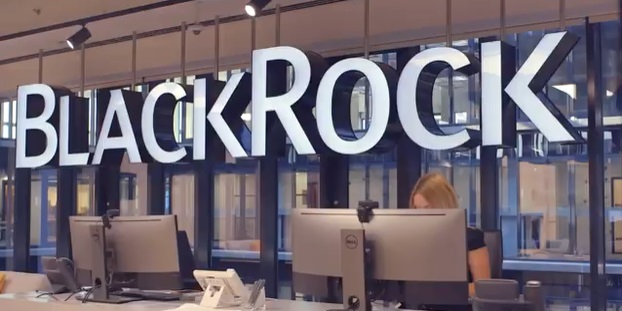


Lucie Pinson – Executive Director, Reclaim Finance: BlackRock is leaning into offering clients choice, but deference to choice can’t be a shield for abdication of responsible risk management.” Fiduciary duty is about prioritizing clients’ best interests, which requires responsible and proactive management of risk. “Climate change is the single biggest long-term threat to financial markets, with impacts already felt across the economy. Jessye Waxman – Senior Campaign Representative, Sierra Club: Continuing to steer client investments into the very causes of the climate crisis is engineering an outcome - further climate chaos and the financial crises that will ensue.” This ignores the fact that maintaining the status quo is as much a choice as taking action. However, Fink claims that BlackRock shouldn’t engineer outcomes related to climate change. “Fink has again recognized, as any clear-eyed observer would, that climate change risk is having a material impact in the world, citing rising insurance costs due to climate change numbers. Moira Birss – Climate Finance Director, Amazon Watch: Partners within the BlackRock’s Big Problem network, a coalition of environmental, investor, and grassroots advocacy organizations, issued the following statements:

They are also, in record numbers, voting their proxies in favor of ESG-related proposals at company meetings.Today, BlackRock released CEO Larry Fink’s annual chairman letter, for the first time addressing shareholders, clients, CEOs, investee companies, and other stakeholders in one statement. Most sustainable investors, and an increasing number of investors who don't use any of these other approaches, are using direct engagement with companies to urge improvement on ESG performance and a greater focus on long-term value creation. A strategy may focus on including companies with positive or net positive societal and environmental impacts.

A sustainable strategy may favor companies with better-or best-ESG practices relative to their industry peers, regarding them as promising long-term investment opportunities. Some may exclude or be underweight in companies that have high levels of material ESG risks or purchase them only if the ESG risks are priced into the stock. Some may exclude firms lacking a positive social purpose. Another way of saying that, for equity investing in particular, is to say that sustainable investing is a set of investment approaches intended to produce competitive investment returns and promote stakeholder capitalism.Įach sustainable investment approach promotes stakeholder capitalism in its own way. In the Morningstar Sustainable Investing Framework, we define sustainable investing as a set of investment approaches that seek to deliver competitive financial results while also driving positive environmental, social, and corporate governance outcomes. Sustainable investing is closely connected with stakeholder capitalism. Just as investors played a key role in the shareholder-primacy era, with an obsessive focus on short-term performance, they will also play a key role in the transition to the stakeholder capitalism era. The 21st century, so far, has proved to be a challenge to so-called shareholder primacy, and perhaps it will be its undoing. Systemic issues like the global financial crisis, climate change, and growing inequality have led to an increasing realization that a singular focus on shareholders may be causing problems like these or making them worse. Maximizing quarterly earnings may have created a lot of value for shareholders, as intended, but perhaps not for other corporate stakeholders: customers, employees, communities, and the planet itself.


 0 kommentar(er)
0 kommentar(er)
